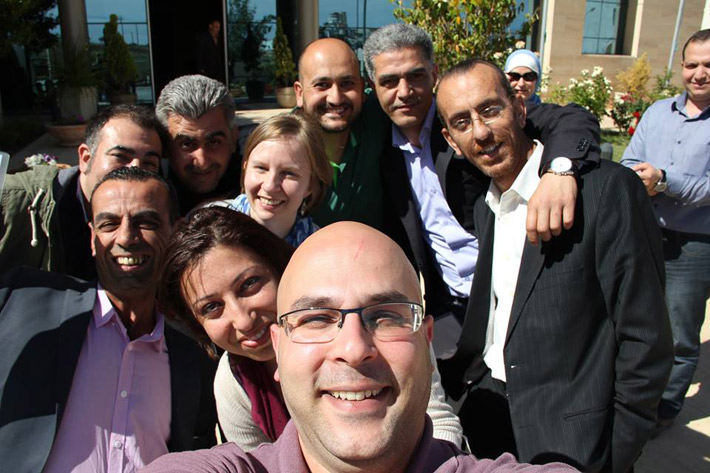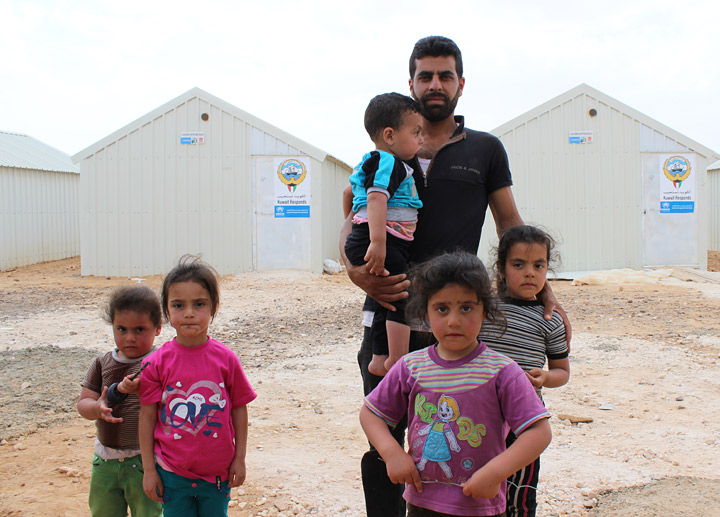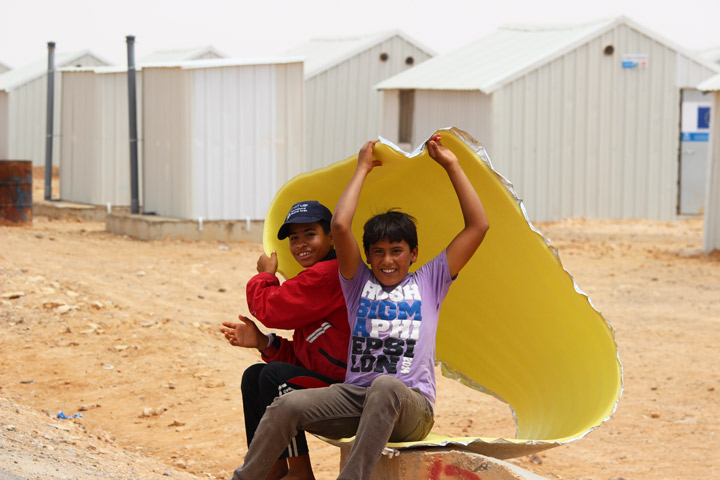When my boss emailed me to ask if I wanted to go to Jordan, I couldn’t believe it. But a couple of weeks later, in May 2014, I was on a flight to Amman to teach a workshop on data journalism techniques.

I didn’t really know what to expect. I had spent years producing data journalism for Global, but I knew that the people attending my workshop would face different challenges than I did back in Toronto. I deal with uncommunicative officials and delays in freedom of information requests, for example. They also had problems accessing data but additionally faced government pressure and in some Middle Eastern countries, threats to their lives – something that hit home for me when I interviewed a Syrian blogger at a conference soon after my arrival.
The people in my classroom were experienced journalists who knew a good story when they saw it. So they quickly grasped how much impact data storytelling could have. It’s one thing to report on a car accident – it’s another to be able to say that there’s a car accident on that corner almost every week.
In between breaks for delicious cardamom coffee, we went through data gathering, verification and analysis. And in the evenings, I explored Amman with people I met through JHR. One of the people I was with was even kind enough to invite me to his family home for a traditional Friday lunch, an experience I was lucky to have. I was probably a little too excited about the lemon tree in his front yard and the olive oil from the grove out back.

Get breaking National news
After the workshop was done, I took the opportunity to visit the newly-built Azraq refugee camp, situated in the middle of the Jordanian desert. My guide on that trip was an energetic young Jordanian journalist named Remaz Mussa, who had attended some of the data journalism workshops. We worked together to explore the refugee camp, supposedly a model for future camps by the UN and an example of what such camps could be.
The camp was hot, largely empty and terribly isolated. And unsurprisingly, the Syrian refugees who were there wanted nothing more than to return back to the home they had been driven from, in a conflict that’s still going on nearly four years later.
Earlier this year, I was reminded of my time in Jordan when I heard some great news about Mussa: a data-driven report he had produced on honour killings ended up contributing to changing Jordanian law.
His report examined the effect of Article 308 in the Jordanian penal code, a law that allowed rapists to avoid prosecution by marrying their victims – ostensibly to protect the woman’s honour. The article, painstakingly produced by gathering data from NGOs, families and court documents, showed that many Jordanian women felt forced to marry their rapists in order to avoid their families’ wrath.
The Jordanian parliament voted to remove this law over the summer, and I can only imagine how Mussa must feel.
My time in Jordan was brief, but it gave me an appreciation for what refugees fleeing Syria must be going through and what kind of effect the exodus is having on the region. It also let me know how warm and hospitable Jordanian people can be, especially over lunch.




























Comments